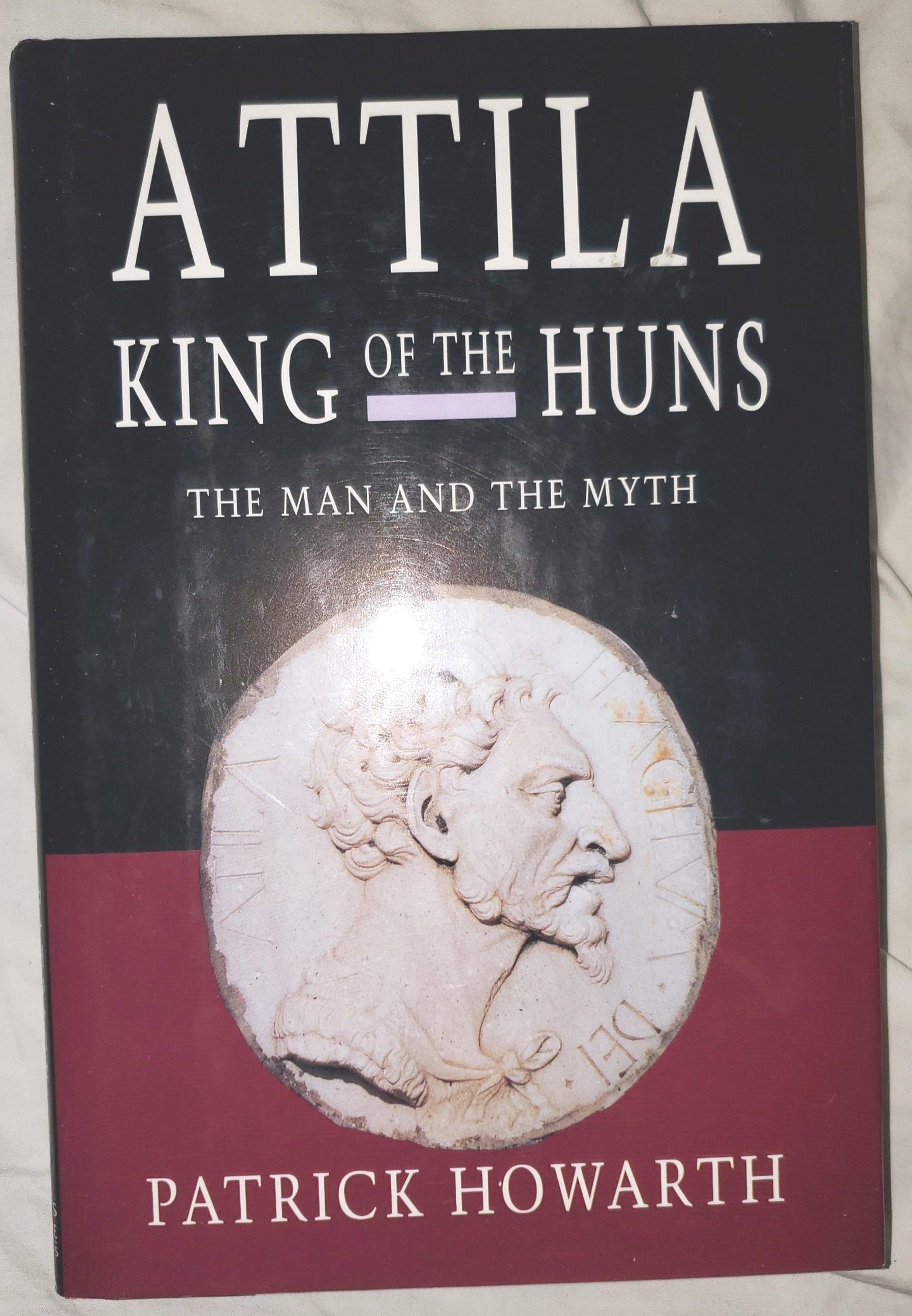 Image 1 of 1
Image 1 of 1


The Path to Victory | The Mediterranean Theater in World War II
Author - Douglas Porch
Year published - 2004
Published by - Farrar, Straus and Giroux
Book Format - Hard Cover
Genre - World War 2 - Mediterranean and Africa
Summary
From the Publisher: The Mediterranean theater in World War II has long been overlooked by those who believe it was little more than a string of small-scale battles-sideshows that were of minor importance in a war whose outcome was decided in the clashes of mammoth tank armies in northern Europe. But in this groundbreaking new book, one of our finest military historians argues that the Mediterranean was, in fact, World War II's pivotal theater. In The Path to Victory, Porch examines the Mediterranean as an integrated arena, one in which events in Syria and Suez influenced the survival of Gibraltar. Churchill's controversial decision in 1940 to contest the Axis in the Mediterranean, followed by Roosevelt's insistence two years later that his service chiefs undergo a Mediterranean initiation, laid the foundation for Allied victory in Europe. Although conventional wisdom argues that Hitler could not have won World War II in the Mediterranean, Porch believes that the Allies might well have lost had they not elected to fight there. Decisions made in this theater matured the Western Alliance, seriously damaged and dispersed the formidable Axis military machine, and forged the combined Anglo-American effort that was to be unstoppable when transferred to Northern Europe in June 1944. The Mediterranean Sea constituted a strategic piece of a global war: it was a passage that linked far-flung theaters; protected scarce Allied shipping; became an essential conduit for lend-lease aid to the USSR; offered France a testing ground for its rehabilitation as a military power; and provided an entry point into southern Germany for two Allied armies. Without a Mediterranean alternative, the Western Allies would probably have committed to a premature cross-Channel invasion in 1943 that might well have cost them the war. Brilliantly argued, and with vivid portraits of Churchill, Montgomery, FDR, Rommel, and Mussolini, this original, accessible, and compelling account of a little-known theater emphasizes the importance of the Mediterranean in the ultimate Allied victory in Europe during World War II.
Notes -
Author - Douglas Porch
Year published - 2004
Published by - Farrar, Straus and Giroux
Book Format - Hard Cover
Genre - World War 2 - Mediterranean and Africa
Summary
From the Publisher: The Mediterranean theater in World War II has long been overlooked by those who believe it was little more than a string of small-scale battles-sideshows that were of minor importance in a war whose outcome was decided in the clashes of mammoth tank armies in northern Europe. But in this groundbreaking new book, one of our finest military historians argues that the Mediterranean was, in fact, World War II's pivotal theater. In The Path to Victory, Porch examines the Mediterranean as an integrated arena, one in which events in Syria and Suez influenced the survival of Gibraltar. Churchill's controversial decision in 1940 to contest the Axis in the Mediterranean, followed by Roosevelt's insistence two years later that his service chiefs undergo a Mediterranean initiation, laid the foundation for Allied victory in Europe. Although conventional wisdom argues that Hitler could not have won World War II in the Mediterranean, Porch believes that the Allies might well have lost had they not elected to fight there. Decisions made in this theater matured the Western Alliance, seriously damaged and dispersed the formidable Axis military machine, and forged the combined Anglo-American effort that was to be unstoppable when transferred to Northern Europe in June 1944. The Mediterranean Sea constituted a strategic piece of a global war: it was a passage that linked far-flung theaters; protected scarce Allied shipping; became an essential conduit for lend-lease aid to the USSR; offered France a testing ground for its rehabilitation as a military power; and provided an entry point into southern Germany for two Allied armies. Without a Mediterranean alternative, the Western Allies would probably have committed to a premature cross-Channel invasion in 1943 that might well have cost them the war. Brilliantly argued, and with vivid portraits of Churchill, Montgomery, FDR, Rommel, and Mussolini, this original, accessible, and compelling account of a little-known theater emphasizes the importance of the Mediterranean in the ultimate Allied victory in Europe during World War II.
Notes -




